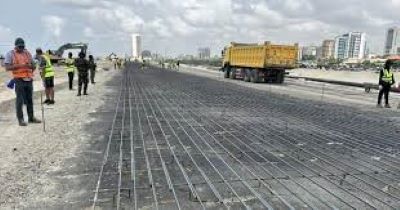Bangladesh, Ghana, and Senegal have launched a new roadmap to guide sustainable practices in the construction sectors within the three countries.
The toolkit termed the “Climate Action Roadmaps for Buildings and Construction” provides them with roadmaps to green their construction sectors, in alignment with global climate targets at COP29 in Baku.
Data from the UN showed that Bangladesh is seeing increased disaster frequency, driven by rapid urbanization.
Without intervention, climate threats could displace 13 million people by 2050.
On the other hand, Ghana and Senegal’s growing urban population presents significant challenges like housing shortages, pollution, and urban heat.
According to UN-Habitat, these strategies when deployed will reduce emissions and build resilience.
This will also help in addressing the urgent need for sustainable practices in construction.
Statistics from the UN-Habitat states that the construction sector produces 21 per cent of global greenhouse emissions.
The sector also consumes 34 per cent of the world’s energy, harming ecosystems and generating pollution.
“Greener construction practices can reduce these impacts, promote biodiversity, and improve resilience to climate change,” the UN-Habitat said.
The UN body noted that the roadmaps aim to raise the ambitions of each country’s Nationally Determined Contributions (NDCs) by promoting low-carbon materials, improving energy efficiency, and strengthening urban resilience with actions set for completion by 2050, including policy updates, institutional reforms, and increased climate financing.
UN-Habitat added that the roadmaps ensures that these roadmaps prioritize low-income communities, supporting local construction traditions, green jobs, and improvements in informal housing in a bid to promoting inclusiveness in sustainable development.


